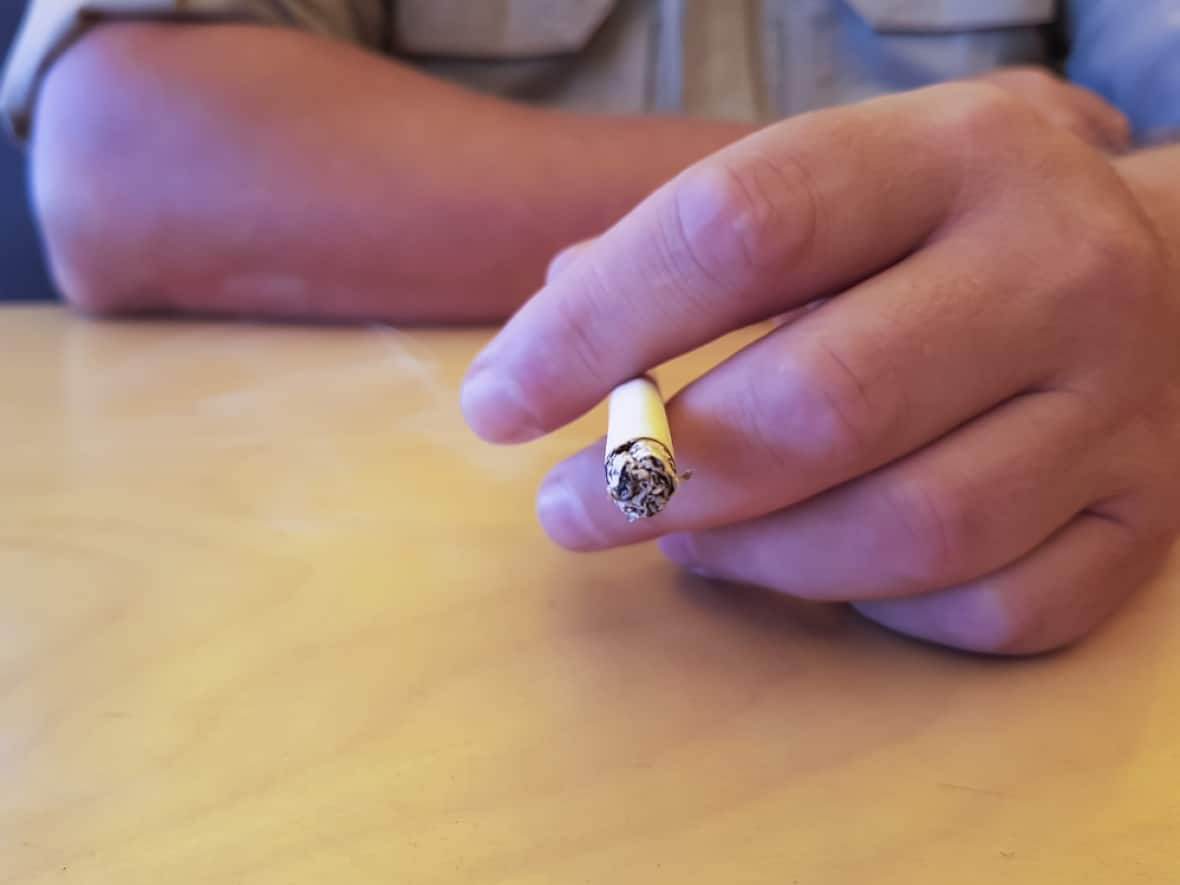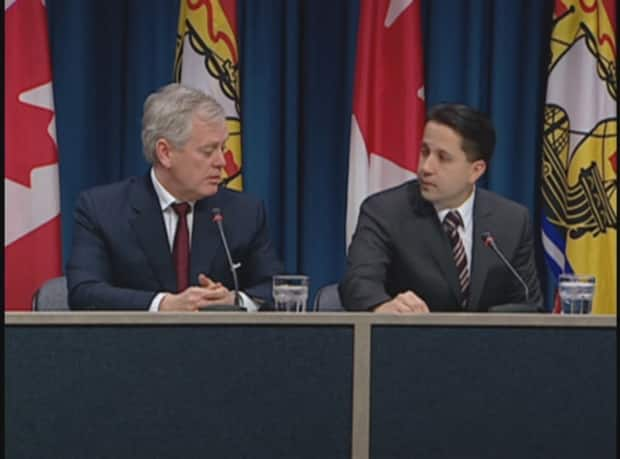New Brunswick urged to take hard line with tobacco companies in settlement talks

The New Brunswick government is being urged to drive a hard bargain as it and five other provinces negotiate a settlement of a 15-year-old, multimillion-dollar lawsuit against three major tobacco companies.
The province launched the suit in 2008 and was within months of finally going to trial, when the three companies filed for court protection from their creditors in 2019.
As part of that court-supervised process, provincial governments are negotiating how to settle their claims.
And a trio of health advocacy organizations are urging them to push for major concessions to help drive down the number of smokers.

"This is like a one-time opportunity to make sure the tobacco industry is working to reduce tobacco use," said Lana Randell, an advocacy co-ordinator in the Canadian Cancer Society's Saint John office.
"We want to make sure from the New Brunswick government that there are effective measures to reduce tobacco use in our province."
The society, along with the Canadian Lung Association and the Heart and Stroke Foundation, is releasing an open letter to provincial premiers Monday laying out what it wants the tobacco companies to agree to, including:
Allocating at least 10 per cent of the money from any settlement to an independently managed fund to promote reduced tobacco use.
Ending all tobacco promotion.
Requiring the companies to pay even more if smoking-reduction targets are missed.
Disclosing internal company documents.
The lawsuits by New Brunswick and other provinces named Imperial Tobacco, Rothmans, Benson & Hedges and JTI-Macdonald.
The cases were held up for more than a decade by a range of procedural court battles, but New Brunswick's suit was scheduled to finally go to trial in November 2019.
But in March of that year, a group of people in Quebec won $13.5 billion in damages in a class-action lawsuit against the companies.
They sought creditor protection, which put a freeze on all other lawsuits against them.
That forced the provinces into the creditor process. Six provinces including New Brunswick are working together with the same legal team, while some other provinces are operating on their own.

The three health organizations allege that the companies marketed their products to youths, concealed internal research on the health impacts of smoking, failed to warn customers of those effects and publicly denied they existed.
In the open letter to the premiers, timed to mark World No Tobacco Day on Wednesday, they say the companies can't return to "business as usual" after a settlement.
Randell cited a study estimating New Brunswick's health-care system spends $152 million per year caring for people with tobacco-related illnesses.
Randell says the provinces were collectively seeking more than $500 million in damages, though New Brunswick never specified an amount in its lawsuit.
About 12 per cent of New Brunswickers smoke, according to the society. The federal government has set a goal of reducing that to five per cent by 2035 — a key reason for the three health groups advocating taking a tough line.
"We need to not only ask for recovery of the costs they've already incurred, but future ones, to make sure we get our tobacco numbers down," Randell said.
Moncton lawyer Philippe Eddie, who has been representing the province in the lawsuit, said in a email he wasn't authorized to comment.

Lawyers from two national law firms representing the six provinces working together in the creditor protection process did not respond to a request for comment.
The province turned down an interview request with Attorney General Ted Flemming.
"Government does not comment on cases that are before the courts," said spokesperson Judy Désalliers.
Randell said the society has made the case for its demands in meetings with government officials and in letters, but those officials said they can't speak about creditor proceedings before the courts.
"They want to get the numbers down as much as we do, I'm sure," she said.
"They've said they've taken our letters into consideration but they can't speak to us about it. … We don't know what's going on behind closed doors. We have no idea."


